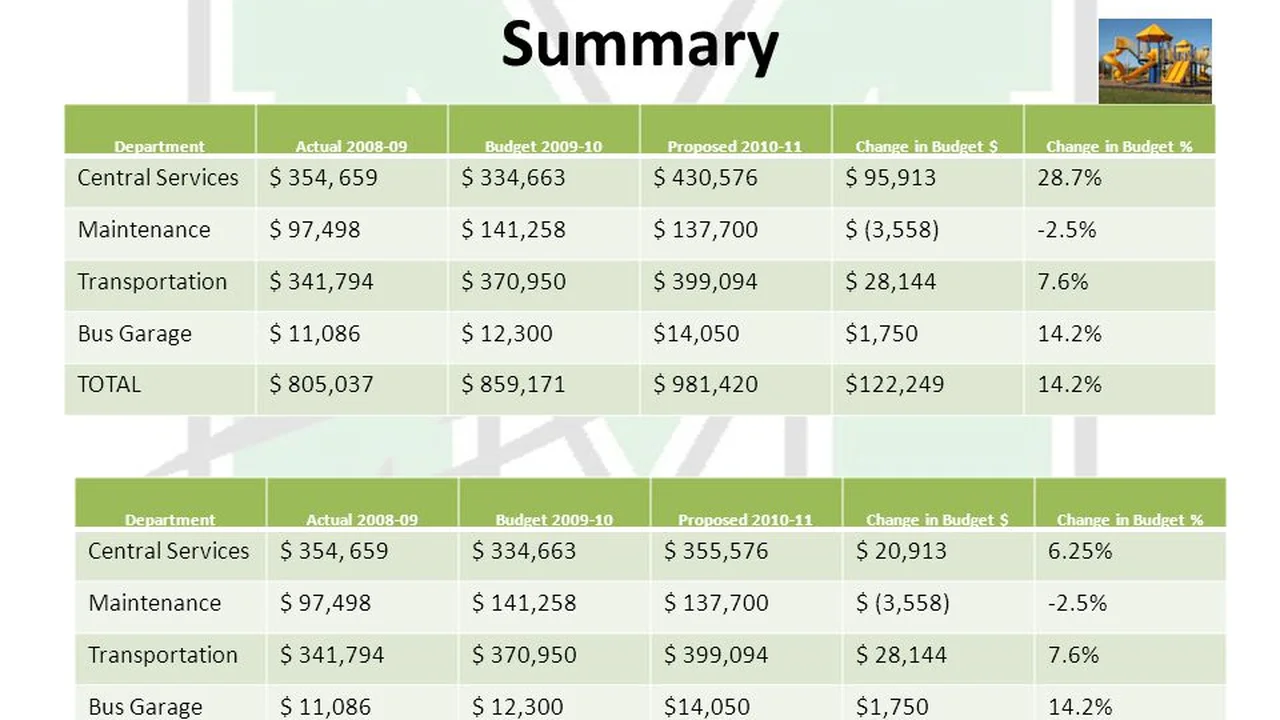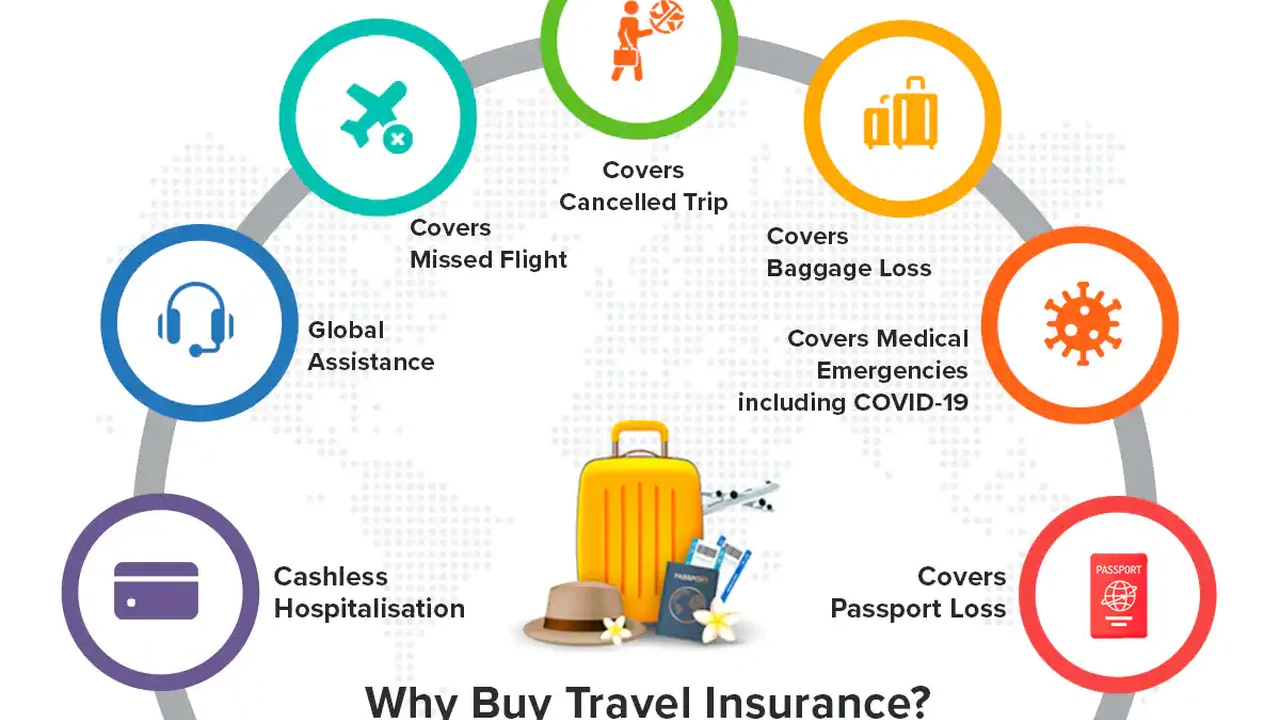Appealing a Denied Travel Insurance Claim: Your Rights

Understanding Why Your Travel Insurance Claim Was Denied Travel Insurance Denial Reasons
So, you planned the perfect trip, snagged some travel insurance to be on the safe side, and then BAM! Something went wrong. Maybe your flight was canceled due to a freak snowstorm in July (hey, it could happen!), or you had a nasty bout of food poisoning that landed you in a foreign hospital. You filed your claim, expecting a smooth reimbursement, but instead, you got a dreaded denial letter. Don't panic! It happens more often than you think. The first step is understanding *why* your claim was denied.
Common reasons include:
- Pre-existing conditions: Many policies exclude coverage for pre-existing medical conditions unless you specifically declare them and pay an additional premium. They might say your claim stems from something you already had before the trip.
- Exclusions: Read the fine print! Your policy likely has a list of exclusions – things it *doesn't* cover. This could include extreme sports, acts of war, civil unrest, or even certain types of transportation.
- Lack of documentation: Did you provide all the necessary paperwork? Incomplete or missing documents are a surefire way to get a claim denied. Think medical bills, police reports (if something was stolen), or cancellation confirmations.
- Policy violations: Did you violate any terms of the policy? For instance, if you were drunk and caused an accident, your claim could be denied.
- Misrepresentation: Did you provide false or misleading information when purchasing the policy? Even an honest mistake could lead to a denial.
- Late filing: Most policies have deadlines for filing claims. Miss the deadline, and you're out of luck.
- Insufficient coverage: The amount of your loss might exceed the maximum coverage limit in your policy.
Don't just accept the denial at face value. Carefully review the denial letter and your policy documents. Pinpoint the *exact* reason for the denial. This is crucial for building your appeal.
Your Rights as a Travel Insurance Policyholder Appealing a Denial
It's easy to feel helpless when your claim is denied, but remember, you have rights! Travel insurance companies are obligated to act in good faith and fairly evaluate your claim. Here's what you need to know:
- Right to Appeal: Almost all travel insurance policies offer an appeal process. The denial letter should outline the steps you need to take to appeal.
- Right to Information: You have the right to request a copy of all documents related to your claim, including the adjuster's notes and any expert opinions they relied on.
- Right to a Fair Review: Your appeal should be reviewed by someone other than the person who initially denied your claim.
- Right to Legal Action: If you've exhausted all other avenues and still believe your claim was wrongly denied, you may have the right to sue the insurance company. This should be a last resort, as it can be costly and time-consuming.
The key is to be persistent and organized. Document everything, keep copies of all correspondence, and don't be afraid to ask questions.
Gathering Evidence to Support Your Appeal Travel Insurance Appeal Documents
A successful appeal hinges on presenting a strong case with solid evidence. Think of yourself as a lawyer arguing your case in court. What evidence do you need to convince the insurance company that their denial was wrong?
- Policy Documents: Have your policy documents readily available. Highlight the sections that support your claim.
- Original Claim Documents: Keep copies of everything you submitted with your initial claim.
- Denial Letter: The denial letter is your roadmap. Address each reason for denial specifically.
- Additional Documentation: This is where you can really strengthen your appeal. Consider including:
- Medical Records: If your claim involves medical expenses, provide detailed medical records from the treating physician. Get a letter from your doctor explaining why the treatment was necessary and how it relates to your trip.
- Police Reports: If your claim involves theft or loss, provide a copy of the police report.
- Airline/Hotel Confirmations: If your claim involves trip cancellation or interruption, provide documentation from the airline or hotel confirming the cancellation and the reason for it.
- Photos/Videos: If you have any photos or videos that support your claim, include them. For example, photos of damage to your luggage or videos of the event that caused the loss.
- Affidavits: If you have witnesses who can corroborate your story, ask them to write affidavits.
Organize your evidence clearly and logically. Create a binder or folder with labeled sections. This will make it easier for the insurance company to review your appeal.
Writing a Compelling Appeal Letter Travel Insurance Appeal Letter Template
Your appeal letter is your chance to tell your story and persuade the insurance company to reconsider their decision. Make it clear, concise, and persuasive.
Here's a template you can use:
[Your Name]
[Your Address]
[Your Phone Number]
[Your Email Address]
[Date]
[Insurance Company Name]
[Insurance Company Address]
Subject: Appeal of Claim Denial - Policy Number [Your Policy Number] - Claim Number [Your Claim Number]
Dear [Claims Adjuster Name or Claims Department],
I am writing to appeal the denial of my claim, claim number [Your Claim Number], under policy number [Your Policy Number]. I received your denial letter on [Date of Denial Letter], and I respectfully disagree with your decision.
As you know, my claim was for [Briefly describe the reason for your claim, e.g., medical expenses incurred due to food poisoning, trip cancellation due to a hurricane]. I believe my claim is valid under the terms of my policy.
In your denial letter, you stated that [Quote the reason for denial from the denial letter]. However, I believe this is incorrect because [Explain why you disagree with the denial, providing specific evidence and referencing relevant sections of your policy].
For example, [Provide a specific example to support your argument. Reference specific documents you are including as evidence]. I have attached [List the documents you are including, e.g., medical records, police report, airline confirmation].
I am confident that a review of the attached documentation will demonstrate the validity of my claim. I request that you reconsider your decision and approve my claim for [Amount of claim].
Thank you for your time and consideration. I look forward to hearing from you soon.
Sincerely,
[Your Signature]
[Your Typed Name]
Key Tips for Writing Your Appeal Letter:
- Be polite and professional: Even if you're frustrated, avoid being angry or accusatory.
- Be specific: Don't make general statements. Provide specific details and evidence.
- Address the denial directly: Explain why you believe the insurance company's reasoning is wrong.
- Reference your policy: Quote relevant sections of your policy to support your claim.
- Keep it concise: Get to the point quickly and avoid unnecessary details.
- Proofread carefully: Check for grammar and spelling errors.
- Send it certified mail: This provides proof that the insurance company received your letter.
Dealing with Common Denial Scenarios and How to Overcome Them Common Travel Insurance Claim Problems
Let's delve into some specific denial scenarios and how to tackle them:
- Pre-existing condition: If your claim was denied due to a pre-existing condition, provide documentation from your doctor showing that the condition was stable and well-managed before your trip. If the condition was not the direct cause of the problem during your trip, argue that the denial is unfair. Some policies cover "acute onset" of pre-existing conditions.
- Exclusion: If your claim was denied because it falls under an exclusion, carefully review the wording of the exclusion. Argue that your situation doesn't *exactly* fit the exclusion. For example, if the policy excludes "mountaineering," argue that you were simply hiking on a well-maintained trail.
- Lack of documentation: Gather the missing documents and resubmit your claim with a detailed explanation.
- Policy violation: If you're accused of violating the policy, argue that you did not intentionally violate the terms. For example, if you were drinking alcohol, argue that you were not intoxicated and that your actions were not the direct cause of the loss.
- Late filing: If you missed the filing deadline, explain why you were unable to file on time. Provide documentation to support your explanation. For example, if you were hospitalized, provide medical records.
Escalating Your Appeal Options When the Insurance Company Won't Budge
What if you've appealed and appealed, and the insurance company still refuses to pay your claim? Don't give up! You have other options:
- Contact the Insurance Commissioner: Every state has an Insurance Commissioner who regulates insurance companies. You can file a complaint with the Insurance Commissioner's office. They will investigate your complaint and may be able to help you resolve the dispute.
- Mediation: Mediation is a process where a neutral third party helps you and the insurance company reach a settlement. Mediation is often less expensive and time-consuming than going to court.
- Arbitration: Arbitration is a process where a neutral third party hears both sides of the dispute and makes a binding decision. Arbitration is similar to going to court, but it is usually faster and less formal.
- Small Claims Court: If the amount of your claim is relatively small, you can sue the insurance company in small claims court. Small claims court is a simplified court procedure that is designed for resolving minor disputes.
- Consult with an Attorney: If your claim is large or complex, it may be worth consulting with an attorney who specializes in insurance law. An attorney can advise you on your legal options and represent you in court.
Travel Insurance Product Recommendations and Comparisons Best Travel Insurance Policies
Choosing the right travel insurance policy can save you a lot of headaches down the road. Here are a few popular options and their strengths, along with some specific scenarios where they shine:
World Nomads Explorer Plan
Best For: Adventure travelers and those participating in more risky activities.
Key Features:
- Comprehensive coverage for medical emergencies, trip cancellation, baggage loss, and more.
- Higher coverage limits for adventure activities like hiking, scuba diving, and skiing (check specific policy details).
- 24/7 emergency assistance.
- Ability to extend coverage while traveling.
Scenario: You're planning a backpacking trip through Southeast Asia, including some rock climbing and white-water rafting. World Nomads Explorer Plan provides the higher coverage limits you need for these activities.
Pricing: Varies depending on the trip length, destination, and age of the traveler. Expect to pay around $100-$300 for a two-week trip.
Allianz Global Assistance Comprehensive Plan
Best For: Families and travelers seeking comprehensive coverage with a focus on trip cancellation and interruption.
Key Features:
- Generous trip cancellation and interruption coverage, including coverage for pre-existing medical conditions (with certain conditions).
- Emergency medical and dental coverage.
- Baggage loss and delay coverage.
- 24/7 travel assistance.
Scenario: You're traveling with your family to Europe, and you want a policy that provides robust trip cancellation coverage in case someone gets sick before the trip. Allianz Global Assistance Comprehensive Plan offers good coverage for this scenario.
Pricing: Similar to World Nomads, prices range from $80-$250 for a two-week trip, depending on the coverage options selected.
Travelex Insurance Services Travel Select Plan
Best For: Budget-conscious travelers who still want good coverage for medical emergencies and trip cancellation.
Key Features:
- Affordable pricing.
- Emergency medical and dental coverage.
- Trip cancellation and interruption coverage.
- Baggage loss and delay coverage.
Scenario: You're taking a short trip to Mexico and want a basic travel insurance policy that covers medical emergencies and trip cancellation without breaking the bank. Travelex Insurance Services Travel Select Plan is a good option.
Pricing: Generally more affordable than World Nomads and Allianz, ranging from $50-$150 for a two-week trip.
Product Comparison Table
| Feature | World Nomads Explorer | Allianz Comprehensive | Travelex Travel Select |
|---|---|---|---|
| Adventure Activities | High Coverage | Limited Coverage | Limited Coverage |
| Trip Cancellation | Good Coverage | Excellent Coverage | Good Coverage |
| Medical Coverage | Comprehensive | Comprehensive | Comprehensive |
| Price | Moderate to High | Moderate to High | Affordable |
| Pre-existing Conditions | Limited Coverage | Coverage Available (with conditions) | Limited Coverage |
Understanding Travel Insurance Costs and Value Finding Affordable Coverage
Travel insurance costs can vary widely depending on several factors, including:
- Trip length: Longer trips generally cost more to insure.
- Destination: Some destinations are considered higher risk and will result in higher premiums.
- Age of traveler: Older travelers typically pay more for insurance.
- Coverage amount: Higher coverage limits will increase the cost of the policy.
- Deductible: A higher deductible will lower the premium, but you'll have to pay more out-of-pocket if you file a claim.
- Type of policy: Comprehensive policies with more features will cost more than basic policies.
Tips for finding affordable travel insurance:
- Shop around: Get quotes from multiple insurance companies to compare prices and coverage options.
- Consider a higher deductible: If you're willing to pay more out-of-pocket, you can lower your premium.
- Choose a basic policy: If you don't need comprehensive coverage, a basic policy can save you money.
- Look for discounts: Some insurance companies offer discounts for students, seniors, or members of certain organizations.
- Check your existing coverage: You may already have some travel insurance coverage through your credit card or health insurance policy.
Real-Life Examples of Successful Travel Insurance Appeals Travel Insurance Success Stories
Here are a couple of anonymized examples of successful travel insurance appeals to inspire you:
Example 1: The Skiing Accident
A traveler broke their leg while skiing in Colorado. Their initial claim was denied because the insurance company claimed they were skiing "off-piste" (outside of marked trails), which was excluded under their policy. The traveler appealed, providing photos and witness statements showing they were skiing on a designated blue run (intermediate difficulty) when the accident occurred. They also obtained a letter from the ski resort confirming the run's designation. The insurance company overturned the denial and paid the claim.
Example 2: The Stolen Laptop
A traveler had their laptop stolen from their hotel room in Rome. The insurance company initially denied the claim because the traveler couldn't provide a receipt for the laptop. The traveler appealed, providing a credit card statement showing the purchase of the laptop and a police report documenting the theft. They also provided an affidavit from the hotel manager confirming the theft. The insurance company approved the claim.
Preventing Claim Denials Proactive Steps for a Smooth Experience
The best way to deal with a denied claim is to prevent it from happening in the first place. Here are some proactive steps you can take:
- Read your policy carefully: Understand the terms and conditions of your policy, including the exclusions and limitations.
- Declare pre-existing conditions: Be honest about any pre-existing medical conditions.
- Keep accurate records: Keep copies of all your travel documents, including your policy, tickets, hotel reservations, and medical records.
- File your claim promptly: Don't wait until the last minute to file your claim.
- Provide complete and accurate information: Answer all questions on the claim form honestly and completely.
- Keep receipts: Save all receipts for expenses related to your claim.
- Contact the insurance company if you have questions: Don't hesitate to contact the insurance company if you have any questions about your policy or the claims process.
Staying Informed About Travel Insurance Updates and Changes Travel Insurance News
The travel insurance industry is constantly evolving. Stay informed about the latest updates and changes to policies and regulations by:
- Following reputable travel insurance blogs and websites.
- Subscribing to travel insurance newsletters.
- Checking the websites of major travel insurance companies.
- Consulting with a travel insurance broker.
:max_bytes(150000):strip_icc()/277019-baked-pork-chops-with-cream-of-mushroom-soup-DDMFS-beauty-4x3-BG-7505-5762b731cf30447d9cbbbbbf387beafa.jpg)






